
You all have heard the saying “You never stop learning in life”, haven’t you? Well, it is actually true. Not only we learn from our daily experiences, but we are constantly attending courses to become better at what we already do or learn new things, being it some hobby or improving our professional skills. This is exactly what I will be doing this week in Berlin, together with people from all over the world (4 continents represented, how cool!!). We’re attending a course in Landscape Genomics held by Stéphane Joost and organised by Physalia courses. Never stop improving yourself!!
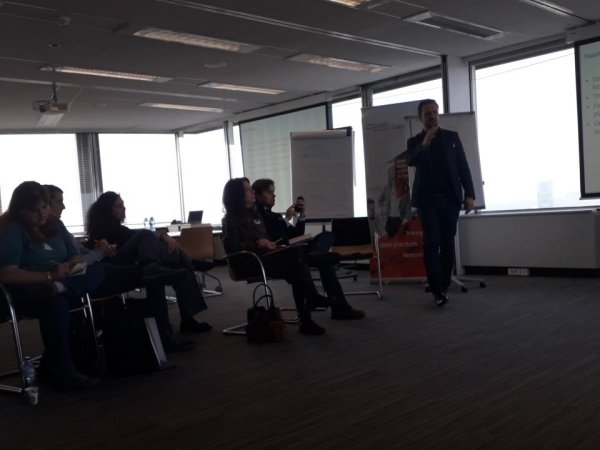 Last week I attended a workshop on Open Science and Responsible Research organised by
Last week I attended a workshop on Open Science and Responsible Research organised by 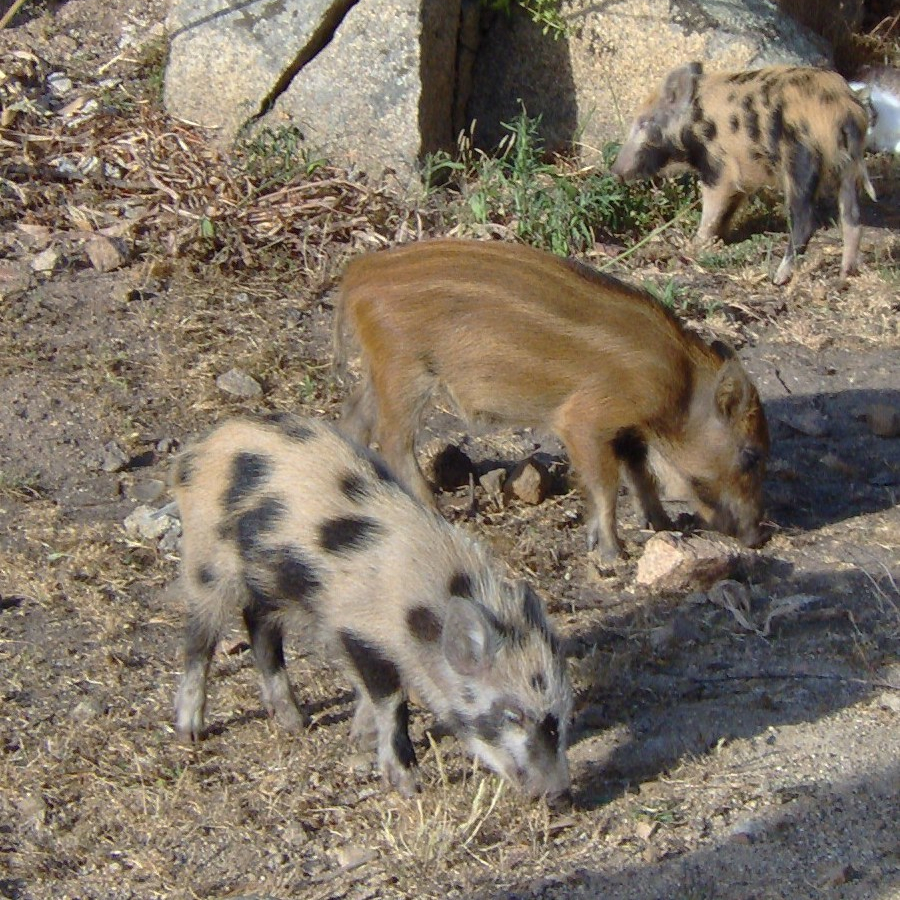
 ways. Today, I went with my students to
ways. Today, I went with my students to  giving the guest lecture! He explained us how the
giving the guest lecture! He explained us how the 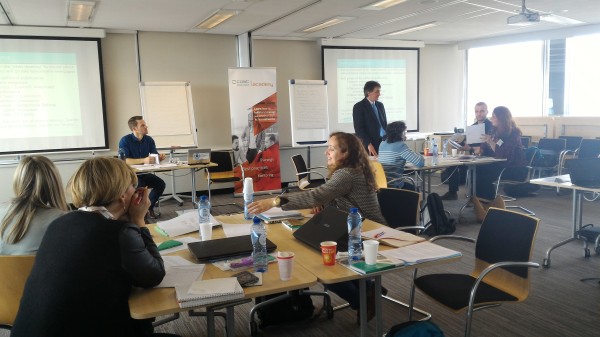 Yesterday, I spent the day learning how to communicate science and how to use communication to support the goals of the
Yesterday, I spent the day learning how to communicate science and how to use communication to support the goals of the 
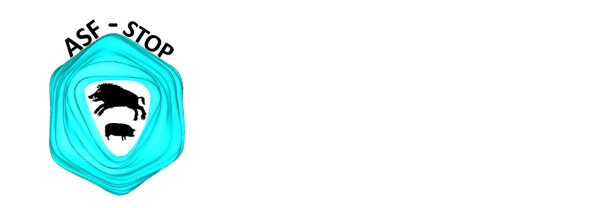
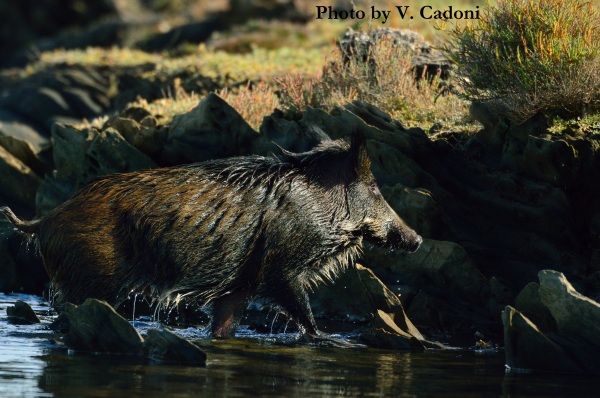 Yesterday, our latest paper on the
Yesterday, our latest paper on the